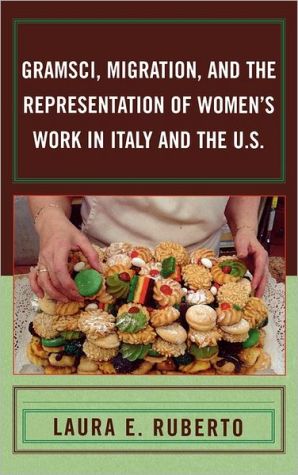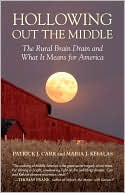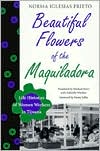Gramsci, Migration, and the Representation of Women's Work in Italy and the U.S.
This book considers cultural representations of four different types of labor within Italian and U.S. contexts: stories and songs that chronicle the lives of Italian female rice workers, or mondine; testimonials and other narratives about female domestic servants in Italy in the second half of the twentieth century (including contemporary immigrants from non-western countries); cinematic representations of unwaged household work among Italian American women; and photographs of female...
Search in google:
Examining films, literature, songs, and photographs with an emphasis on a feminist materialist interpretation, Producing Culture considers the representations of different kinds of labor historically performed by women in Italy and the U.S. in order to reassess dominant narratives about the history of Italy and of Italians in the United States.
Chapter 1 Italian Rice Workers and National Popular Culture Chapter 2 Migrant Domestic Labor and the Creation of Identity Chapter 3 Work and the Italian American Home in Cinema Chapter 4 "All Colors, All Religions, All United": Women Workers in California's Canneries
\ Fred GardapheRuberto moves labor cultural history to a new level by exploring and connecting diverse areas previously ignored or understudied. Theoretically grounded in the work of Antonio Gramsci, this study revises earlier applications of his theories to gender and work to create a unique and rewarding challenge to earlier, limited views of Italian and Italian American women's work. Ruberto's range of study and precision of analysis forces serious reconsideration of the roles women played in the Italian migration experience. There is a powerful freshness here that will no doubt spark new discussion in Italian and Italian Americans studies.\ \ \ \ \ Pasquale VerdicchioMuch like Gramsci in his notebooks, Laura Ruberto offers readings of diverse and complex networks of cultural products. Ruberto clearly, effectively, and engagingly threads "women's work" through expressive sites such as rice paddies, writing, film, and factories. Embroidering a context of activism and social change across continents, Ruberto's own work proposes further new ways of being Gramscian.\ \








